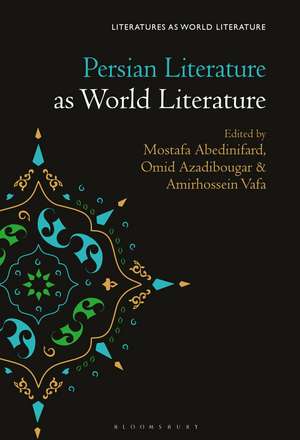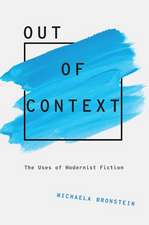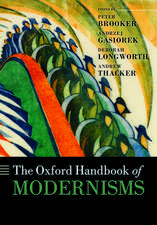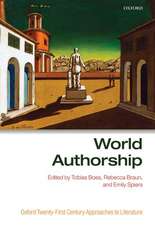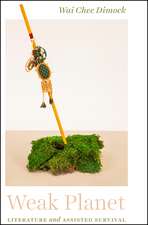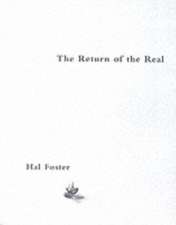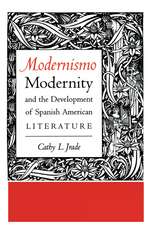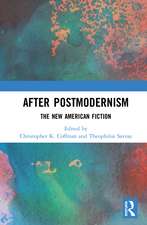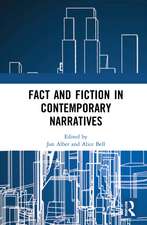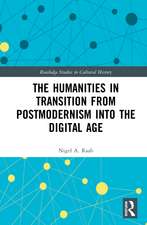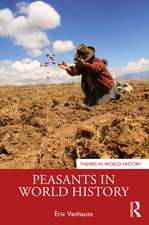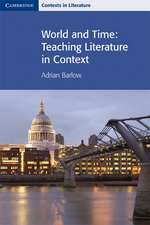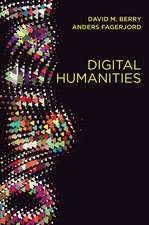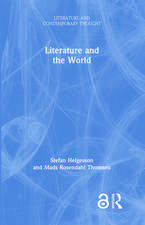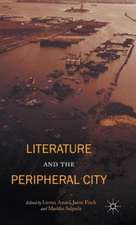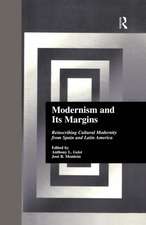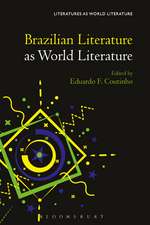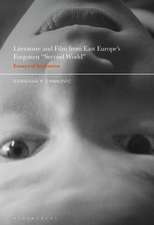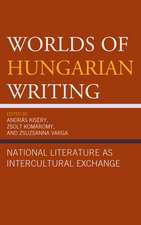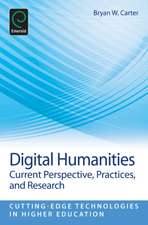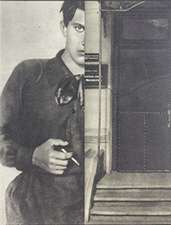Persian Literature as World Literature: Literatures as World Literature
Editat de Dr. Mostafa Abedinifard, Dr. Omid Azadibougar, Dr. Amirhossein Vafaen Limba Engleză Paperback – 22 feb 2023
| Toate formatele și edițiile | Preț | Express |
|---|---|---|
| Paperback (1) | 191.92 lei 6-8 săpt. | |
| Bloomsbury Publishing – 22 feb 2023 | 191.92 lei 6-8 săpt. | |
| Hardback (1) | 569.37 lei 6-8 săpt. | |
| Bloomsbury Publishing – 11 aug 2021 | 569.37 lei 6-8 săpt. |
Din seria Literatures as World Literature
- 20%
 Preț: 219.84 lei
Preț: 219.84 lei - 23%
 Preț: 191.13 lei
Preț: 191.13 lei - 28%
 Preț: 466.39 lei
Preț: 466.39 lei - 23%
 Preț: 192.19 lei
Preț: 192.19 lei - 22%
 Preț: 251.65 lei
Preț: 251.65 lei - 22%
 Preț: 236.92 lei
Preț: 236.92 lei - 24%
 Preț: 190.33 lei
Preț: 190.33 lei - 23%
 Preț: 197.14 lei
Preț: 197.14 lei - 23%
 Preț: 193.18 lei
Preț: 193.18 lei - 23%
 Preț: 191.67 lei
Preț: 191.67 lei - 23%
 Preț: 199.20 lei
Preț: 199.20 lei - 23%
 Preț: 199.37 lei
Preț: 199.37 lei - 30%
 Preț: 776.32 lei
Preț: 776.32 lei - 23%
 Preț: 190.87 lei
Preț: 190.87 lei - 23%
 Preț: 192.64 lei
Preț: 192.64 lei - 22%
 Preț: 833.47 lei
Preț: 833.47 lei - 23%
 Preț: 193.36 lei
Preț: 193.36 lei - 30%
 Preț: 718.19 lei
Preț: 718.19 lei - 21%
 Preț: 217.27 lei
Preț: 217.27 lei - 23%
 Preț: 192.01 lei
Preț: 192.01 lei - 22%
 Preț: 231.81 lei
Preț: 231.81 lei - 23%
 Preț: 198.12 lei
Preț: 198.12 lei - 13%
 Preț: 256.59 lei
Preț: 256.59 lei - 23%
 Preț: 197.42 lei
Preț: 197.42 lei - 22%
 Preț: 238.49 lei
Preț: 238.49 lei -
 Preț: 239.14 lei
Preț: 239.14 lei - 30%
 Preț: 539.49 lei
Preț: 539.49 lei - 30%
 Preț: 540.38 lei
Preț: 540.38 lei
Preț: 191.92 lei
Preț vechi: 249.67 lei
-23% Nou
36.72€ • 38.45$ • 30.39£
Carte tipărită la comandă
Livrare economică 05-19 aprilie
Specificații
ISBN-10: 1501374540
Pagini: 272
Dimensiuni: 152 x 229 x 25 mm
Greutate: 0.37 kg
Editura: Bloomsbury Publishing
Colecția Bloomsbury Academic
Seria Literatures as World Literature
Locul publicării:New York, United States
Caracteristici
Notă biografică
Cuprins
Recenzii
This collection of essays is excellent because the theoretical and methodological issues they discuss are not just important for rethinking the study of Persian literature, but are highly relevant to the study of any non-Western literature. Anyone interested in literary studies, particularly in comparative and cross-cultural studies, will find a lot in this collection to be stimulating, thought-provoking, and beneficial. Highly recommended!
The contributors to this volume approach Persian literary criticism with sensitivity and seek to liberate the field from nationalist frameworks that all too often have hindered the study of Persian literature in the west. The essays collected here open our eyes to the diverse ways in which the Persian literary system has influenced other transnational literary systems and how, in turn, it has been shaped by those encounters over the past millennium and more.
Descriere
Confronting nationalistic and nativist interpreting practices in Persianate literary scholarship, Persian Literature as World Literature makes a case for reading these literatures as world literature-as transnational, worldly texts that expand beyond local and national penchants. Working through an idea of world literature that is both cosmopolitan and critical of any monologic view on globalization, the contributors to this volume revisit the early and contemporary circulation of Persianate literatures across neighboring and distant cultures, and seek innovative ways of developing a transnational Persian literary studies, engaging in constructive dialogues with the global forces surrounding, and shaping, Persianate societies and cultures.
